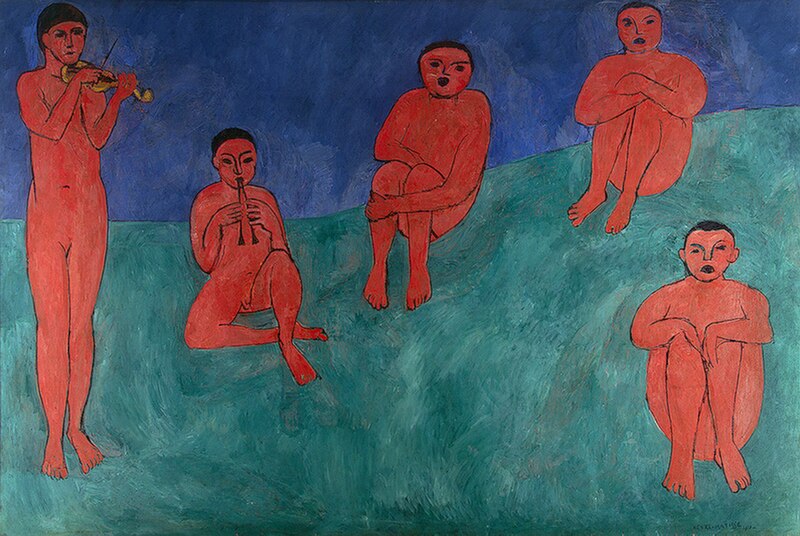What is my approach ? Here it is, in the nutshell.You can skip the rest.
Disturb the status quo by one small perturbation. Illustrate the absurdities in our human response to the new. Allow my reader to construct in their own mind the process by which my theme is illustrated.
I wanted to say a little about Fred Hoyle.
Years ago I was required to read _The Black Cloud_ as part of an NSF program in which I was fortunate to participate. The author and scientist Fred Hoyle described an interstellar cloud coming to our solar system as a fueling stop on its travels. Of course, there were serious consequences of this immense being surrounding our sun and harvesting its energy. If there were none, it wouldn't have been much of a story.
The text seems to have gone out of print. Disappointing.
Shortly after reading this venerable old salt of a Sci-Fi novel (which I hold in great esteem), I heard the rebroadcast of _The Hitchhiker's Guide to the Galaxy_ from the BBC on our American NPR stations. For me at the time, it was "the NPR" station and the weather had to be right for me to get even that station.
For whatever reason, Fred Hoyle and Douglas Adams came to rest in the forefront of my mind for the next thirty years. Fred Hoyle was a brilliant scientist who was considered for a Nobel Prize. However that works out, having your name in the same sentence as Nobel Prize means you're at the top of the human intellect pile. Douglas Adams was an irreverent genius but by measure still quite a genius. We'll talk about why some other time.
When these two came along into my mind I was really digesting _Godel, Escher, Bach: An Eternal Golden Braid_. If you haven't read it, you should. _GEB_.
Unfortunately, I think from the point of view of the authors the wrong parts took root.
From Adams, I learned that that absurdities in observation required more grounding for contrast than I thought his adapted script contributed. What I mean is that I loved the little bits of strangeness sprinkled through his work but when those existed in the context of only other strangeness, it became a little tedious. I loved it - don't get me wrong. However, having the Vogons use the same justification of the destruction of Earth as the Islington planning commission had done for Arthur Dent's house lost something for me when I heard the caricature of Vogons themselves. They were strange beasts doing strange things for me. It wasn't that much of a stretch. [ Imagining the Star Wars Imperial planning commission do the same thing was a bit more entertaining. Of course, I had by then read _Star Wars_. I didn't see _Star Wars_ until nearly a decade after its release. I know, I know. ].
Adams did have me thinking about these things.
Hoyle had me thinking of the logical suppositions in the evolution of a story. His fiction was based on a tiny perturbation of a fact: the visit to our solar system by a massive cloud of dust and gas. He let everything else continue apace in a logical fashion. He had no absurdest intention that I could see beyond a surface conflict between scientists and administrators. I say absurdest because Hoyle's scientists win in their conflict with politicians.
_GEB_ had me thinking of general irreverence. It was all the Lewis Carroll business. It was also the text's compulsion to illustrate through entertainment that sort of set my nerves on edge. I didn't care for the "come on a journey with me" approach to the narrative. I was young. I chafed at the lead.
Somehow, these works coalesced uneasily into my early voice. I found the slightest perturbation of reality coupled with an absurdest perspective or two drove my plots. This part came quite easily.
Now, the _GEB_ bit. I enjoyed what the text conveyed but was annoyed at the force feeding (my impression) that I endured in my consumption of the material.
I wanted to arrive at the points with less dialectic direction. I wouldn't have. My mind would not have made the same conclusions that the author revealed to me through his methods. I didn't care. It was the method that annoyed me.
So, the trick for me as all of this stirred for so many years became this summation :
Disturb the status quo by one small perturbation. Illustrate the absurdities in our human response to the new. Allow my reader to construct in their own mind the process by which my theme is illustrated.
Let them discover my revelation in their own way. Will some miss it ? Of course. Let them.
Matisse doesn't explain to me his changes in his construction of images in _Music_. He allows me see the way it is now and piece his changes together in my own mind. I like the opus the better for it. It is why I enjoy the work. I like to think that is why he left his changes so visible.
I want to let my readers do the same.
Do I misapply some imagined artistic intent from painting to my writing ? Probably. It is one of my better mistakes.


No comments:
Post a Comment